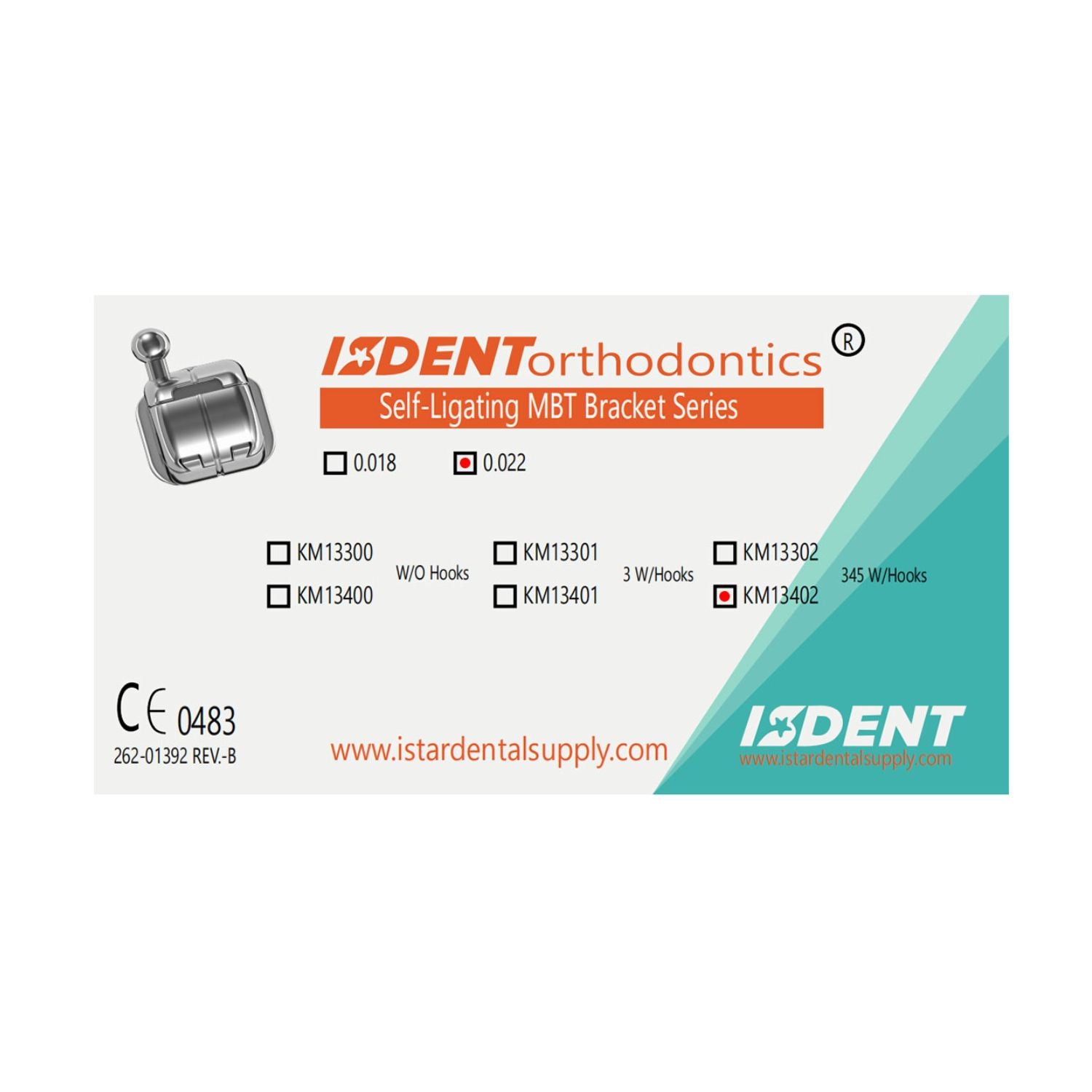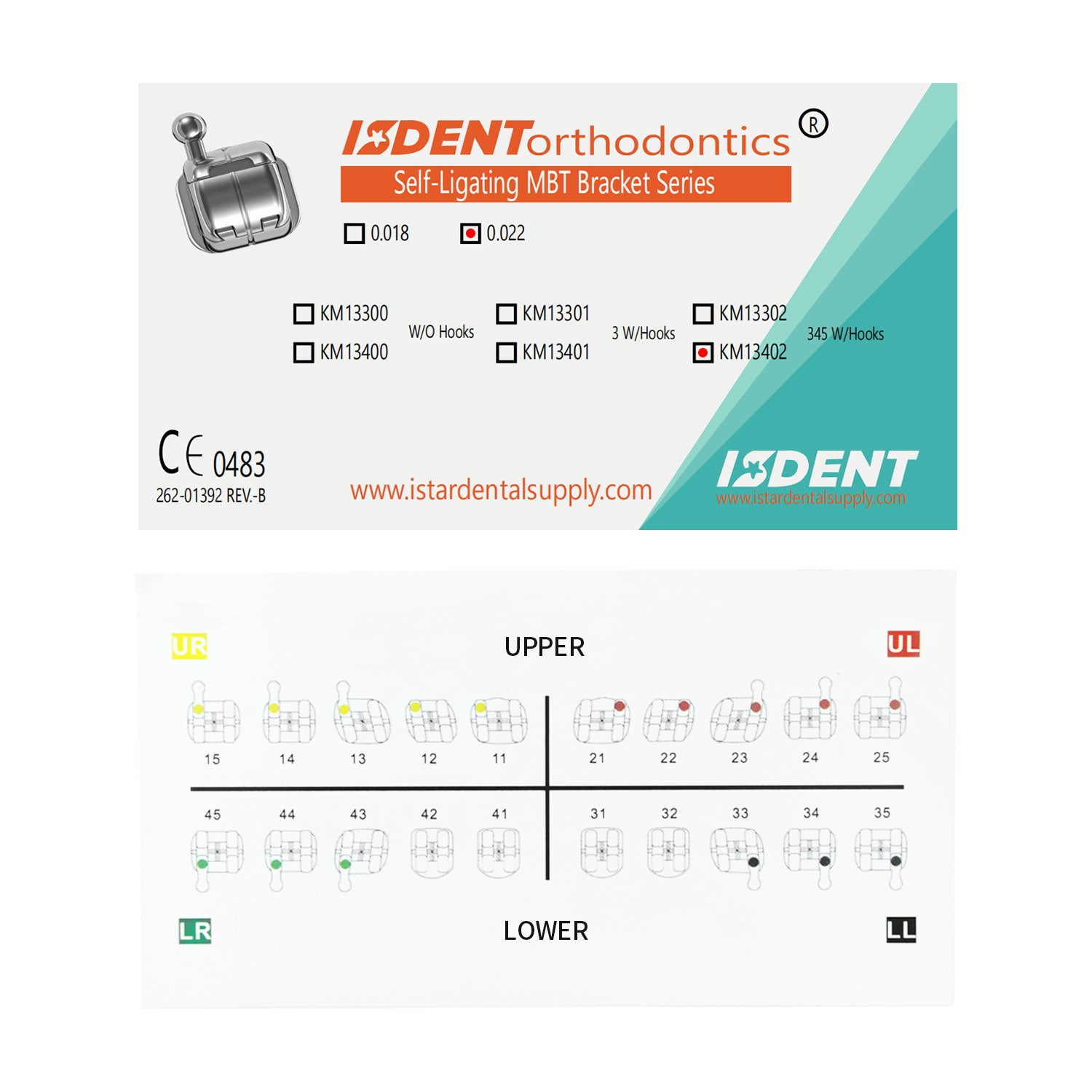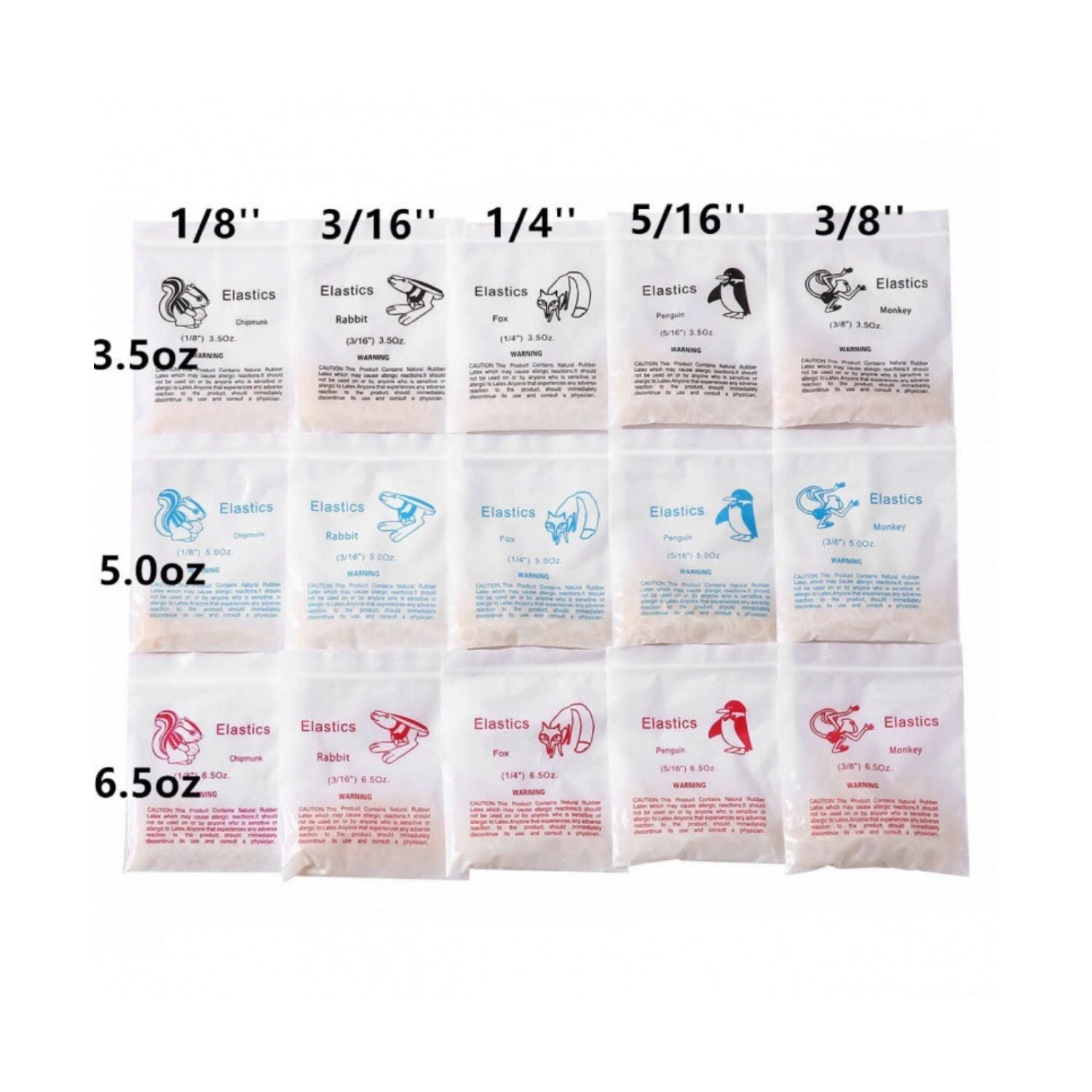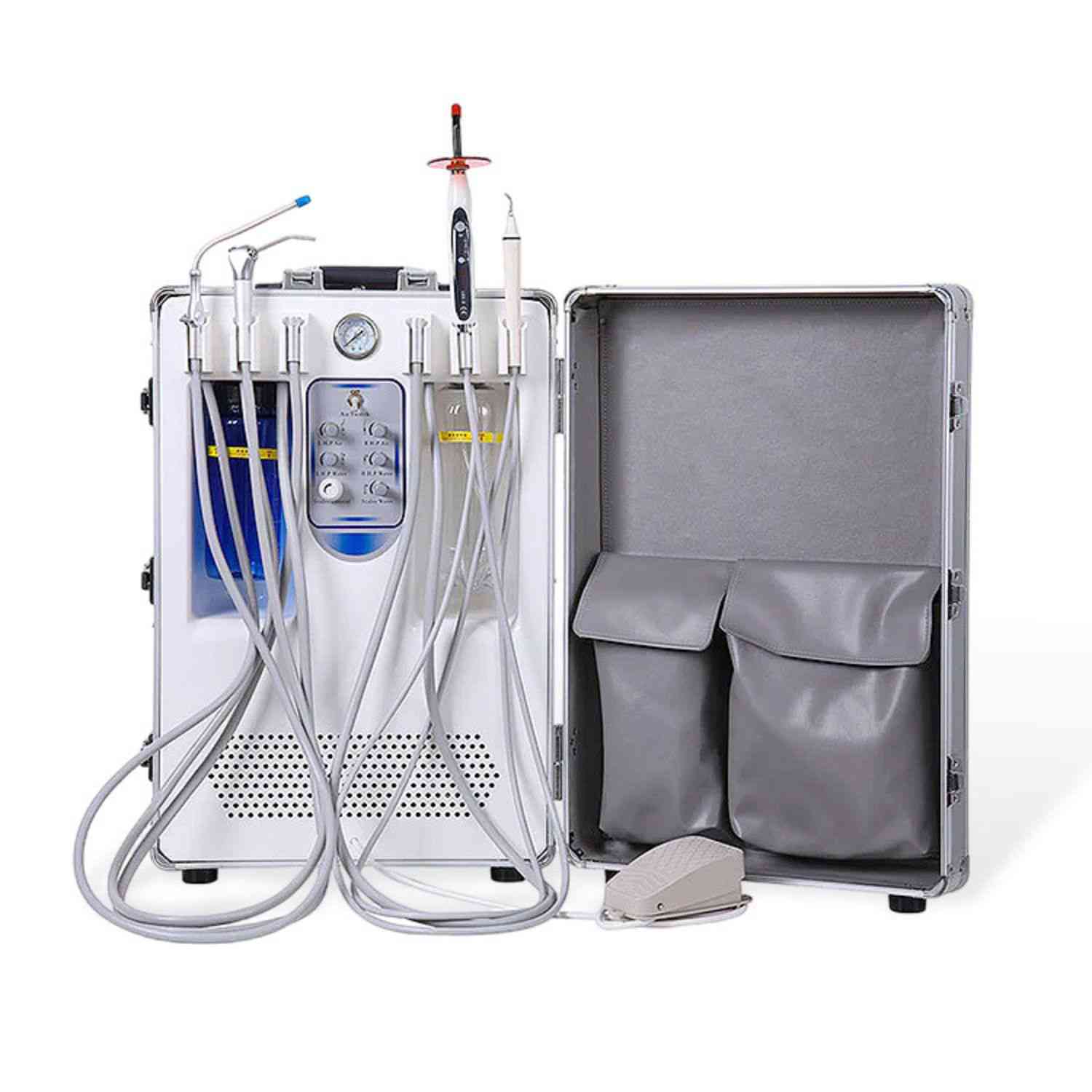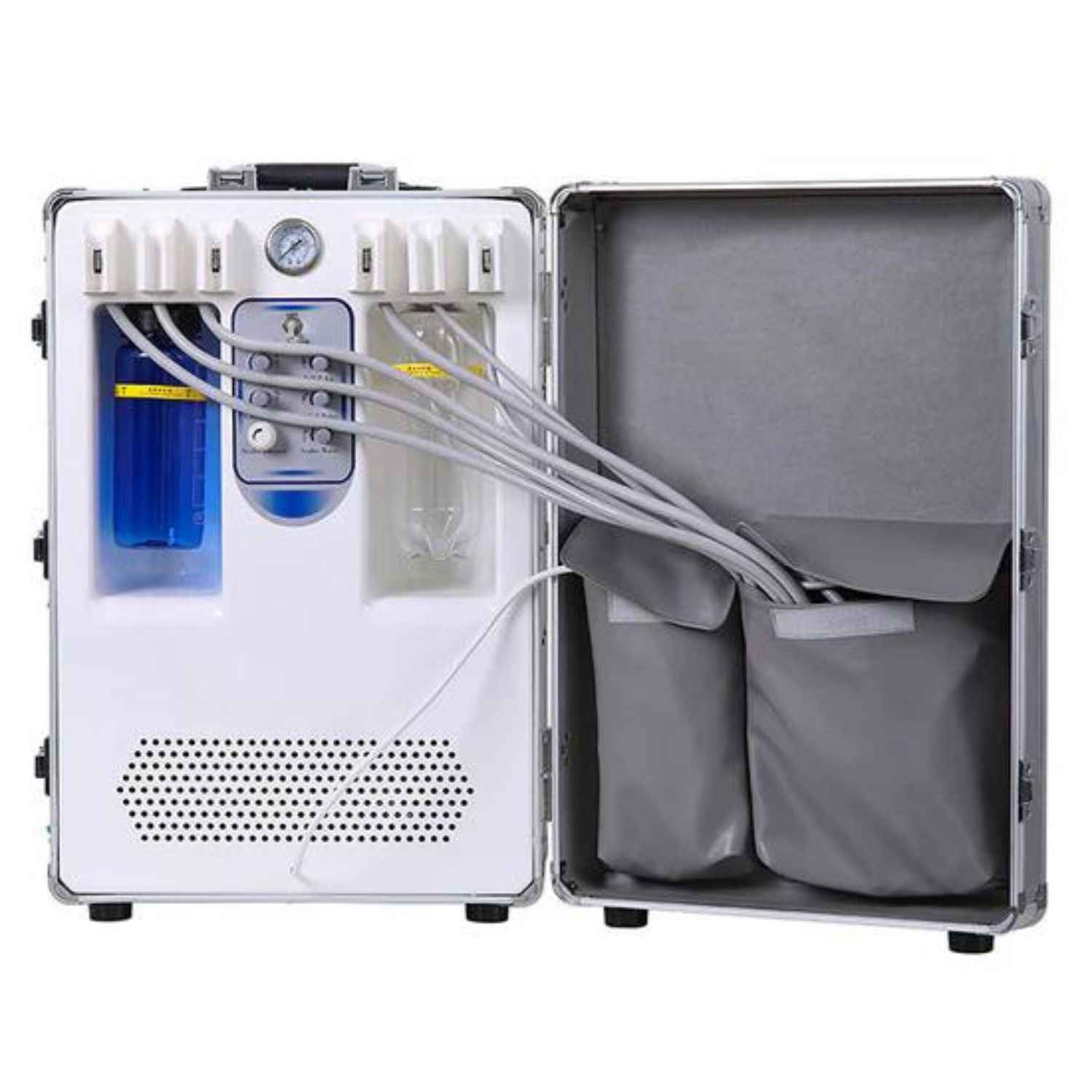Your Ultimate Guide to Dental Implant Grants and How to Pay for a New Smile
Many people don't know that dental grant programs exist. They think a beautiful, strong smile from implant dentistry is out of reach. This article is here to change that. It will walk you through the world of dental implant grants. We will look at who qualifies, where to find them, and how to apply. If you want to learn how to get affordable dental implants, this guide is for you.
What Exactly is a Dental Implant Grant?
When we say the word "grant," what do you think of? You might think of money for college or for starting a business. A dental grant is very similar. It is a sum of money given to a person to help them pay for dental work. The most important thing to know is this: a grant is not a loan. You do not have to pay it back. It is a gift designed to help you get the necessary dental care you need.
These grants are often given by non-profit groups or other organizations. Their goal is to improve people's oral health. They know that a healthy mouth is key to a healthy body. They also know that procedures like dental implants can be very expensive. A dental implant grant is specifically for people who need this type of dental treatment but can't afford the full price. This kind of grant can make a life-changing dental procedure possible.
Think of a grant as a helping hand. It bridges the gap between the high cost of dental implants and what you can afford. Some grant programs focus on basic dentistry, while others are for more complex work like cosmetic and implant dentistry. The main idea behind any dental grant is to give you access to care that would otherwise be out of reach. This grant money makes a huge difference for many people seeking dental care.
Who is Typically Eligible for a Dental Grant Program?
“Do I qualify?” The answer depends on the specific grant program. Each organization that offers a grant has its own set of rules. However, I’ve seen some common themes over the years. First, many grants are designed to help low-income individuals and families. They will often ask for proof of your income to see if you qualify. This is a big factor for many grant providers.
Your overall health also plays a part. To get a dental implant, your mouth needs to be healthy enough for the surgery. This means you can't have gum disease or other major issues. So, a key part of your eligibility is having a mouth that is ready for the implant. A dentist will need to check your oral health first. Some grant programs may even require you to complete some basic dentistry work before you can be approved for an implant grant.
Finally, your commitment is important. Getting a dental implant is a process. It takes time and multiple visits to the dental office. A grant program wants to know that you are serious about completing the full treatment plan. They are investing in your health, and they want to see a good result. So, a qualified applicant is someone who is financially in need, has good enough oral health for the procedure, and is ready to follow through with the entire dental implant treatment.
Are There Government Grants for Dental Implants?
People hope there is a big federal program that will just hand them money for their dental needs. But the reality is a bit more complicated. The U.S. government does not typically offer direct grants to individuals for cosmetic dentistry or dental implant procedures. It's very rare to find a federal grant that you can apply for to get a single implant.
So, where does the government help? Government money for dental care usually flows to larger programs. For instance, funds may go to state-level programs, community dental clinic centers, or university dental schools. These places can then offer services at a lower cost. Programs like Medicaid or the Children's Health Insurance Program (CHIP) provide dental coverage, but their coverage for complex procedures like a dental implant can be limited, especially for adults.
This means you probably won't find a website like "USA.gov/dental-implant-grant." Instead, you should look for community health centers in your area that receive government funding. These centers are a great resource and often provide dental services on a sliding scale based on your income. While not a direct grant in your hand, this is how government funds often help people get affordable dental implants.
How Do Cosmetic Dentistry Grants Actually Work?
You may have seen ads online for a "Cosmetic Dentistry Grants Program." It sounds amazing, right? A grant for a new smile! It's one of the most well-known programs, so let's talk about how it really works. In my experience, it’s important to read the fine print. This grant program is a legitimate way to lower your costs, but it is usually not a full ride. It is important to understand what this cosmetic dentistry grant offers.
When you apply, the first step is usually a free oral health assessment. You will be connected with a participating dentist in your area. This dentist will examine your mouth and create a treatment plan. Based on this plan, the grant provider will determine if you are a good candidate. If you are approved, you will receive a grant. However, these are often partial grants. This means the grant will cover a portion of the total cost, and you will be responsible for the rest.
The "Cosmetic Dentistry Grants Program" is a great example of a grant program that provides access to care grants. The grant money, or grant proceeds, is paid directly to your certified dental practitioner. You don't get a check. The grant is a discount applied to your bill. It is a fantastic way to make dental implants and cosmetic dentistry more affordable, but you should go into it with realistic expectations. It is a helping hand, not a free pass. The grant helps to fund dental work for many people.
What Are the Main Eligibility Requirements for a Grant?
To determine your eligibility for a dental implant grant, you need to look at a few key areas. Each grant program has its own rules, but they usually look at similar things. I've put together a simple checklist to help you see if you might be a qualified applicant. Being able to say "yes" to these points is a good start when you are looking for a grant.
Dental Grant Eligibility Checklist
|
Requirement |
Explanation |
|
Financial Need |
Most grants are available for people with a proven financial need. You will likely need to show documents about your income. This is a top factor for many grant programs. |
|
Good Oral Health |
Your mouth must be healthy enough for an implant procedure. You can't have active gum disease or major decay. You may need some basic dentistry work done first. |
|
Sufficient Bone |
A dental implant needs to be anchored into your jawbone. A dentist will take x-rays to make sure you have enough bone to support the implant. |
|
U.S. Resident |
Most grant programs in the United States require you to be a legal resident. |
|
Commitment |
You must be willing to complete the entire treatment process, which can take several months. |
|
Assessment |
You must agree to an assessment by a certified dental practitioner who is part of the grant provider’s network. |
These eligibility requirements are the first hurdle. If you can check off these boxes, you have a good chance to qualify for a dental grant. The goal of any grant is to help those who are truly in need and are good candidates for a successful outcome. Meeting the eligibility for dental implant grants is the first big step.
Can a Grant Cover the Full Cost of Dental Implants?
It would be wonderful if a grant could pay for everything, from start to finish. In my research and experience, this is very rare. Most of the available grants you will find are partial grants. This means the grant will cover a percentage or a set dollar amount of your total treatment cost. This is still a huge help!
Think of it like a scholarship for your mouth. A scholarship might not pay for all of college, but it makes it much more affordable. A dental grant works the same way. For example, a grant award might cover 25% to 40% of the cost. If your total dental work is $10,000, a grant could save you $2,500 to $4,000. That makes a big difference. The grants are awarded to make expensive procedures more accessible, not always to make them free.
The organizations that offer grants have limited funds. They want to help as many people as possible. By giving out partial grants, they can stretch their money further and help more grant recipients. So, when you apply for a grant, it's best to plan for paying a portion of the cost yourself. The grant is there to lighten the load, not remove it completely. The grant may be the reason you can finally say yes to the dental treatment you need.
Where Can I Find and Apply for Dental Grant Options?
Now for the practical part: where do you look for these grants? You won’t find a single "dental grant store." You have to do a little digging. A great place to start is with non-profit organizations that focus on health. The American Dental Association Foundation is a good example. They have programs like "Access to Care Grants" that fund dental projects, sometimes helping individuals looking for dental assistance.
Another major resource is the Cosmetic Dentistry Grants Program. You can find them online and start their application process. There are also other foundations and charities that offer dental implant grants. Some focus on specific groups, like veterans, children, or victims of domestic violence. Use search terms online like "dental grants for low-income adults" or "grants for dental implants" to find these grant opportunities.
Don't forget to look locally. Call your local dental society or search for community health foundations in your state. Sometimes, the best grant options are right in your backyard. The United Way or other local charities may provide grants or know of organizations that offer dental help. When you find a promising grant, visit their website and carefully read how to apply for dental aid. Follow their instructions perfectly to give yourself the best chance.
What is the Role of a Participating Dentist in the Grant Process?
The dentist is a very important part of the grant process. You can't just get a grant and then go to any dental office you want. Most grant programs work with a network of pre-approved, participating dentists. These are professionals who have agreed to the terms of the grant program. They understand the process and often agree to provide services at a reduced rate for grant recipients.
When you are approved for a grant, you will be given a list of these dentists in your area. Your first step will be to schedule a consultation. At this appointment, the dental practitioner will do a full exam. They will confirm that you are a good candidate for a dental implant and that your dental health needs match what the grant is for. They will then create your official treatment plan. This plan outlines exactly what dental work needs to be done.
The grant money is almost always paid directly to the dentist. This makes the process simple and ensures the funds are used for their intended purpose—your dental health. The participator dentist is your partner in this journey. They are the ones who will perform the cosmetic procedure and help you get your new smile. It's a team effort between you, the grant provider, and your dentist.
What Should I Expect After I Apply for a Dental Grant?
Patience is key after you apply for a dental grant. These programs often get a lot of applications. It can take weeks or even months to hear back. The first communication you get might be to schedule your assessment with a local dentist. This is a good sign! It means you have moved to the next step. This first visit is usually free or low-cost, as it's part of the grant evaluation.
During the assessment, be honest with the dentist about your dental history and your goals. They are there to help. After the exam, the dentist sends their report and your treatment plan back to the grant organization. The organization then does a final review. This is where they decide if a grant will be offered and for how much. Factors such as income, the complexity of your case, and grant availability all play a role.
If you are approved, you will get an official notification. It will explain the grant award amount and your portion of the cost. It will also outline the next steps for starting your dental treatment. If you are not approved, don't lose hope. Ask why, and see if there are other grants are available that you might be a better fit for. This whole process takes time, but for many, the reward of a healthy smile is worth the wait. The grants program provides a path forward for many people.
Are There Other Grant Options for Affordable Dental Care?
Yes! Even if you don't get a grant specifically for a dental implant, there are other ways to get help. It’s smart to explore all your grant options. Some foundations offer dental grants for general dental care. These care grants could help you pay for the basic dentistry work you need to get your mouth healthy enough for an implant. This can reduce your overall out-of-pocket costs.
Look into dental schools at nearby universities. Students who are training to become a dentist need patients to practice on. They are always supervised by experienced professors. The cost of care at a dental school can be much, much lower than at a private dental office. This can be a fantastic way to get high-quality care, including procedures like dental implants, for a fraction of the price. It's a great way to find affordable dental implants.
Finally, talk to your dentist's office manager. Many offices offer in-house payment plans or work with financing companies like CareCredit. While this isn't a grant, it allows you to spread the cost over many months, making it easier to manage. Combining a partial grant with a payment plan can be a powerful way to pay for dental work. Don't be afraid to ask for help and explore every option. There are many paths to access to dental care.
In Summary: Key Things to Remember
-
A dental grant is a financial gift to help pay for dental work, and you don't have to repay it.
-
Eligibility often depends on your income, your oral health, and your commitment to the treatment.
-
Direct government grants for dental implants are rare, but government funds support low-cost community clinics.
-
Many grants, like those from the Cosmetic Dentistry Grants Program, are partial grants that cover a portion of the cost.
-
You will likely need to work with a participating dentist from the grant provider’s network.
-
Be prepared for a process that takes time, including an application and an in-person assessment.
-
Explore all your options, including non-profits, dental schools, and payment plans, to make your new smile a reality.




